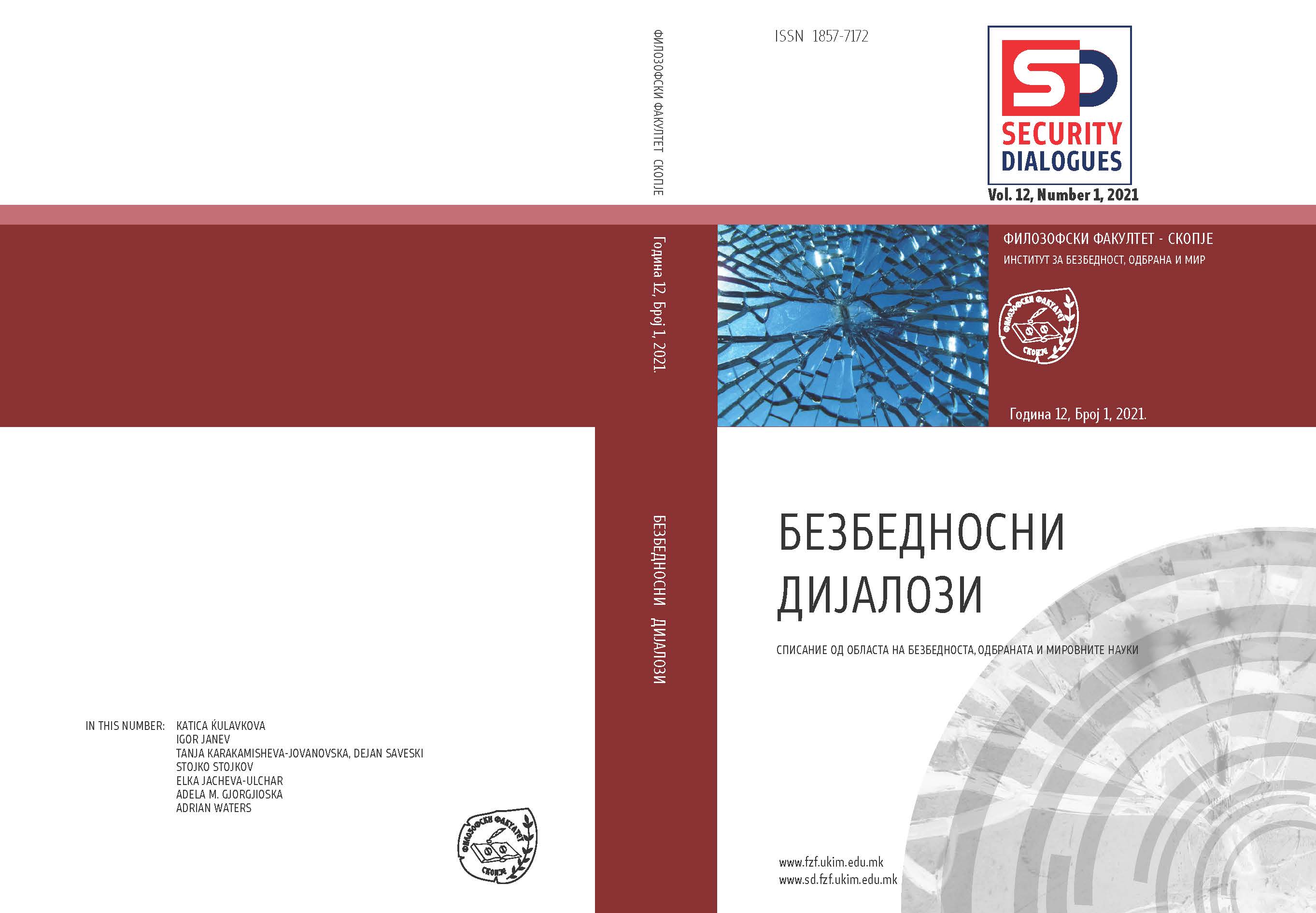The cost-benefit analysis of the two neighbourly agreements with Bulgaria and Greece the linguistic perspective
The cost-benefit analysis of the two neighbourly agreements with Bulgaria and Greece the linguistic perspective
Author(s): Elka Jačeva-UlčarSubject(s): Social Sciences, Language and Literature Studies
Published by: Филозофски факултет, Универзитет "св. Кирил и Методиј"
Keywords: Macedonia;Greece;Bulgaria;Macedonian language;
Summary/Abstract: In this article, we refer to the agreement/treaty of the Republic of Macedonia with the Republic of Greece (signed in June 2018) and the Republic of Bulgaria (August 2017), with special emphasis on the treatment of the Macedonian minority whose recognition or non-recognition in these two neighboring countries depends on recognition of the Macedonian language, the Macedonian toponyms, as well as when and in what way the adjective Macedonian will be used. In this sense, both the agreement and the treaty are unfavorable for Macedonia because both of them strike at the basic identity and national features: the name of the country and the Macedonian language. While both neighboring countries in the negotiating platform for the agreements have included all their available capacities and professional staff (we have in mind lawyers, historians, linguists, diplomats, etc.) in Macedonia both the agreement/treaty are the result of a closed circle of politicians, without the involvement to the scientific and professional public, which ultimately contributed to the signing of such asymmetric agreements to the detriment of the Republic of Macedonia.
Journal: Bezbednosni dijalozi
- Issue Year: 12/2021
- Issue No: 1
- Page Range: 69-77
- Page Count: 8
- Language: English

